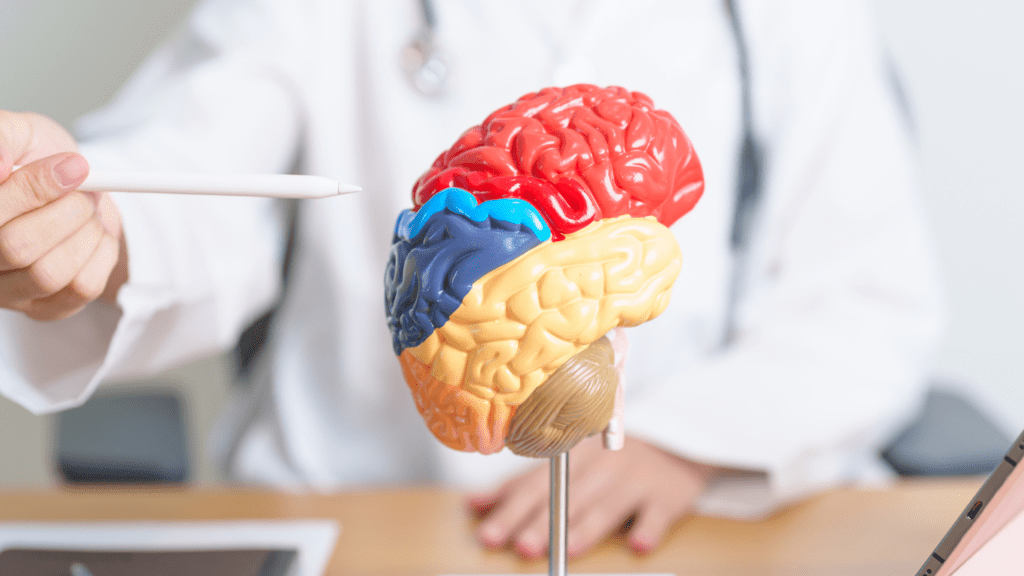Fascinating insights into the intricate relationship between dopamine and behaviors like gambling and seeking rewards have captivated researchers and enthusiasts alike. As I delve into the role of dopamine in these behaviors, it becomes evident that this neurotransmitter plays a crucial part in shaping our motivations and decision-making processes. Understanding how dopamine influences our tendencies towards risk-taking and seeking out rewards offers a glimpse into the complex interplay between our brains and our behaviors. In this article, I’ll explore the science behind dopamine’s impact on our inclination towards gambling and the pursuit of rewards, shedding light on the mechanisms that drive these behaviors.
Overview of Dopamine
Dopamine, a neurotransmitter in the brain, is crucial in modulating various behaviors, including gambling and seeking rewards. It significantly impacts motivation and decision-making processes, shaping our inclinations towards risk-taking and reward-seeking behaviors. The intricate relationship between dopamine levels and these actions underscores the brain’s complexity in driving specific behaviors.
- Dopamine’s Influence on Reward System
In understanding how dopamine affects the brain’s reward system, it’s crucial to explore its role in both gambling and reward-seeking behavior. Dopamine release in gambling activities can be significant, as it reinforces the brain’s association between the act of gambling and the potential reward, driving further engagement.
- Dopamine Release in Gambling
In gambling scenarios, dopamine release occurs when individuals anticipate or receive a reward, enhancing the reinforcing effects of the activity. This neurotransmitter plays a key role in shaping the brain’s response to uncertain outcomes, which is a common feature in gambling situations. The release of dopamine during wins reinforces the behavior, making individuals more likely to continue gambling in pursuit of similar rewards.
Reward-Seeking Behavior and Dopamine
Dopamine is intricately linked to reward-seeking behavior, as it motivates individuals to pursue actions that may lead to favorable outcomes. The brain releases dopamine in response to rewarding stimuli, reinforcing the behavior and increasing the likelihood of its repetition. This process reinforces the association between certain actions and positive outcomes, driving individuals to seek out similar rewards in the future.
Neurobiological Mechanisms
Dopamine plays a crucial role in modulating the brain’s reward system, especially in activities like gambling and seeking rewards. Let’s explore the specific neurobiological mechanisms involved in this process.
Dopamine Receptors and Pathways
Dopamine exerts its effects by interacting with specific receptors in the brain. There are different types of dopamine receptors, such as D1-like receptors and D2-like receptors. These receptors are located in various brain regions, including the mesolimbic pathway, which is associated with reward processing and reinforcement learning.
Activation of D1-like receptors is linked to positive reinforcement and reward-driven behavior. On the other hand, D2-like receptors are involved in aversive behavior and inhibition of reward-seeking actions. The balance between these receptor types influences an individual’s response to gambling outcomes and their propensity for seeking rewards.
In the mesolimbic pathway, dopamine release is triggered by rewarding stimuli, such as winning in a gambling task. This release of dopamine reinforces the neural circuits associated with the anticipation and experience of rewards, leading to a heightened motivation to engage in similar activities in the future. The intricate interplay between dopamine receptors and pathways underscores the neurobiological basis of reward-seeking behavior and its relationship to dopamine modulation.
Implications for Addiction Treatment
Exploring the implications of dopamine’s role in gambling and reward-seeking behavior reveals crucial insights for addiction treatment strategies. Understanding how dopamine impacts responses to uncertain outcomes and reinforces connections between actions and potential rewards is fundamental in designing effective therapeutic interventions.
The neurobiological mechanisms involving dopamine receptors, such as D1 and D2 in the mesolimbic pathway, present promising targets for addiction treatment. By targeting these receptors, interventions can modulate positive reinforcement and potentially mitigate aversive behaviors associated with addiction.
The intricate interplay between dopamine receptors, pathways, and reward-seeking behavior underscores the importance of personalized treatment approaches. Tailoring interventions to individual variations in dopamine function may enhance treatment efficacy and address the complex nature of addiction.
By leveraging the knowledge of dopamine’s influence on reward processing and behavior, addiction treatment approaches can potentially be optimized to target specific neurobiological mechanisms underlying addictive behaviors. This personalized approach holds promise in improving treatment outcomes and addressing the underlying causes of addictive behaviors effectively.




